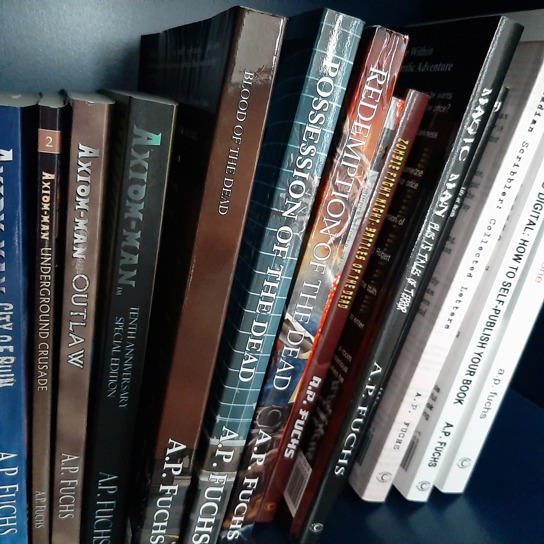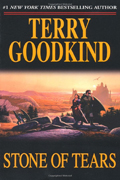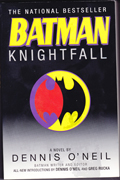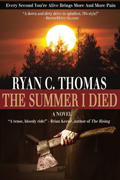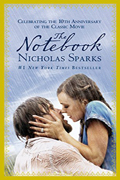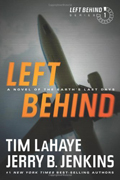Look, Up on the Screen! The Big Book of Superhero Movie Reviews Book Spotlight
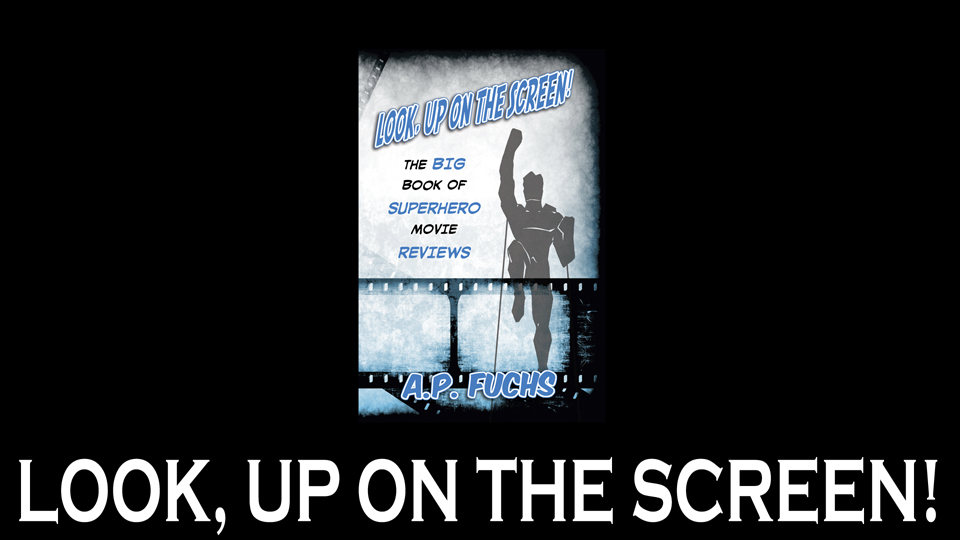
Superheroes have invaded film more in the past decade and a half than they have in their entire history. From major blockbusters like Man of Steel and The Dark Knight Trilogy, to DC Entertainment’s line of fantastic direct-to-video animated films, to other super-flicks like The Incredibles, superheroes are enjoying a major resurgence in popular culture and fans have now entered a golden era of superhero cinema.
Lifelong superhero fan and author A.P. Fuchs has made it his mission to see every superhero movie that’s been brought to screen. Collected here are his first one hundred reviews, covering the major blockbusters of today to the lesser-known super flicks of yesterday along with everything in between.
Reviewing such classics as the original Christopher Reeve Superman films to the jaw-dropping Marvel Phase One series that include Iron Man 1 and 2, The Incredible Hulk, Thor, Captain America and The Avengers, to the movies that arguably started the current age of superhero cinema: The X-Men franchise, he’s got this amazing genre covered. Also included are a multitude of animated features, superhero movies that didn’t quite hit at the box office, pulp heroes and more.
Look, Up on the Screen! is a collection of reviews for the serious superhero filmgoer from a diehard fan who’s seen nearly all of what the superhero motion picture field has to offer. Whether your theatre is at the cineplex or in your own home, this is one collection that’s a must-add to your bookshelf of behind-the-scenes goodies, movie guides, superhero film novelizations and graphic novels.
Grab your copy of LOOK, UP ON THE SCREEN! THE BIG BOOK OF SUPERHERO MOVIE REVIEWS here:
Don’t forget to subscribe to stay up to date on all the latest videos.
Thank you for watching Axiom-man TV.

